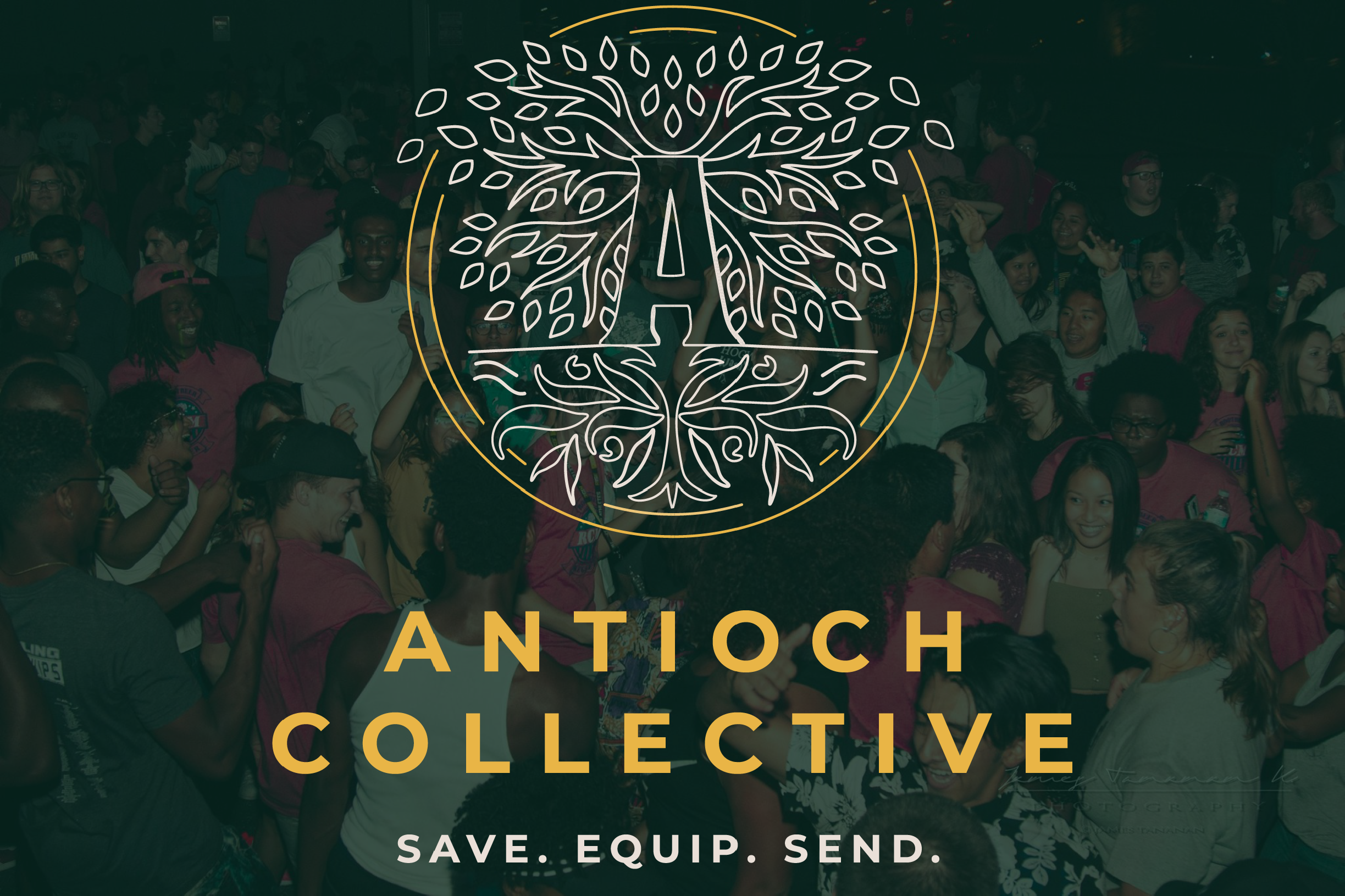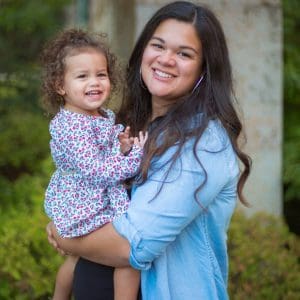CAMPUS MINISTRY #2: Practical Outreach
CAMPUS MINISTRY #2: Practical Outreach
Series: ACTS 2024, Campus Ministry

CAMPUS MINISTRY#2: Practical Outreach
The conversation centered around strategies for effective college campus ministry, including connecting with new faces, creating opportunities for connection and community building, and following up with students after events. Speakers emphasized the importance of loving people, practical application, and effective communication in event planning. They also discussed the need for accountability and post-event follow-up to ensure successful outcomes.
Action Items
- [ ] Students to actively promote and invite people to upcoming Fall Fest event
- [ ] Small groups to plan specific follow up events after Fall Fest to invite new contacts
- [ ] Continue using whiteboard system to track student outreach and ensure follow up on meeting new people from events
Outline
Practical outreach strategies for college ministry.
- Speaker emphasizes the importance of connecting campus ministry to a healthy church.
- Healthy campus ministry retains college students in their faith after graduation.
- Speaker emphasizes importance of connecting campus ministry to a healthy church.
- Leadership defines success of events on college campus as saving lives, not just drawing crowds.
- Speaker 1 discusses events at SIUE, including Fall Fest and glow-in-the-dark bracelet tag.
- Unknown speaker teases Katie for being on worship ministry but forgetting to turn off her red mic.
Campus events and activities, including game nights, spa nights, and movie nights.
- Speaker 2 recounts fond memories of college pranks, including a failed “Flowerbomb” attack.
- Speaker 2 remembers fun events like spa nights, paint parties, and Riverdale nights in their house.
- Speaker 2 and others found practical ways to draw people in and make them feel welcome, like Gilmore Girl nights and Haunting of Hill House viewing parties.
Intentional event planning for campus ministry.
- Speaker 2 plans to execute event in timely manner, despite university’s initial resistance.
- Speaker 1 recounts bold move to host UFC fight in college apartment complex, despite university’s disapproval.
- Speaker emphasizes importance of clear expectations for events, including what happens before, during, and after.
- Events can draw small or large crowds, but the goal is to make disciples and plant seeds for spiritual growth.
Event planning and execution, prioritizing God’s kingdom.
- Speaker reflects on their weakness in planning and how they developed skills through research and prayer.
- Speaker emphasizes the importance of valuing people over executing tasks well.
- Speaker shares how they prioritize loving people through their event planning, ensuring attendees feel loved and valued.
- Speaker 1 encourages last-minute backup help for events with uncontrollable factors.
- Preparation and presentation quality matter for creating a positive first impression.
Planning and executing a successful Fall Fest event for a university ministry.
- Speaker 1 describes Fall Fest, a campus ministry event that has grown in size and popularity.
- Speaker 1 has been planning Fall Fest since mid-July, contacting local businesses for donations and supplies.
- Planning in advance for events can lead to better deals and more hype.
Planning and executing a successful college campus event.
- Speaker 1 emphasizes the importance of advance planning for events, citing the success of Fall Fest.
- Speaker 1 stresses the need for college students to take an active role in fundraising and event planning.
- Speaker encourages students to invite classmates to events by using language like “Hey, you’re going to Fall Fest, how you’re going to Fall Fest?”
- Speaker delegates social media tasks to students who are more knowledgeable in that area, such as Joyce and Marcus.
Event planning and leadership roles for college students.
- Speaker 2 aims to equip students with tools for connection, while Speaker 1 prioritizes paper invites for events.
- Leaders and ministers should delegate tasks and set an example during events.
Networking and connecting with others at events.
- Speaker 2 emphasizes the importance of finding common ground when meeting new people, such as through shared interests or hobbies.
- Speaker 2 seeks to connect with others by talking about their tattoos or shoes, and finding ways to match their own fitness goals and achievements.
- Speaker 2 emphasizes the importance of building connections with new faces at events, not just reconnecting with familiar ones.
- Speaker 1 stresses the need for ministers to stay involved and remind students of their purpose during events, rather than just enjoying them.
Gratitude and service in a church’s fall festival.
- Speaker 2 expresses gratitude for church support in serving college students during events.
- Speaker 1 describes Reggie Conley’s annual Fall Fest contributions, including transporting and unloading materials.
- The speaker reflects on a mentor, Reggie Conley, who works tirelessly for ministry despite personal discomfort.
Follow-up strategies for college campus events to foster spiritual growth.
- Speaker 1 emphasizes the importance of follow-up after events to ensure practical outreach and event planning.
- Lack of follow-up after events can render the whole purpose of the event pointless, according to Speaker 1.
- Speaker emphasizes importance of follow-up after events to foster growth.
- Speaker describes follow-up strategies for connecting with guests after large events (Fall Fest, Six Flags)
- Small groups and campus ministry events are planned to create life change and invite guests to cross chat (evangelistic outreach nights)
College ministry and follow-up strategies.
- Speaker reflects on the purpose of Crush Shots, a weekly event for young adults to connect and see God’s love.
- Speaker’s children are grateful for the opportunity to serve and see people’s lives changed through the event.
- Speaker 2 shares how their college ministry is breaking cycles of brokenness by inviting students to weekly events, fostering friendships, and modeling God’s love.
- Whiteboard is used within small groups to track follow-up actions and create immediate accountability for ministry members.
College campus ministry events and outreach strategies.
- Speaker 1 emphasizes the importance of accountability in reaching out to people and following up with them.
- Whiteboard is used to track people’s names and add new ones as they are reached out to and discipled.
- Speaker shares passion for ministry and desires to connect with others through events and activities.
- Speaker prays for God’s guidance and blessing on the conference and attendees’ lives.
This content was featured at the 2024 Antioch Collective Annual Assembly at The Crossings Church St. Charles County in O’Fallon, MO. For more like this, visit https://antiochcollective.org/


